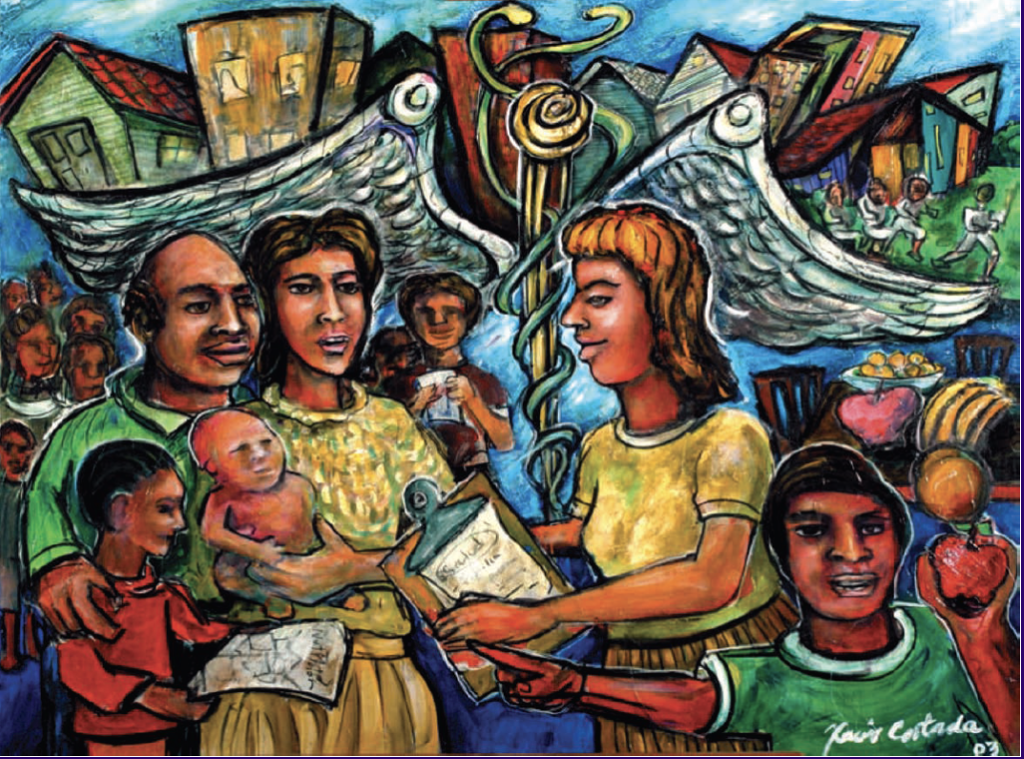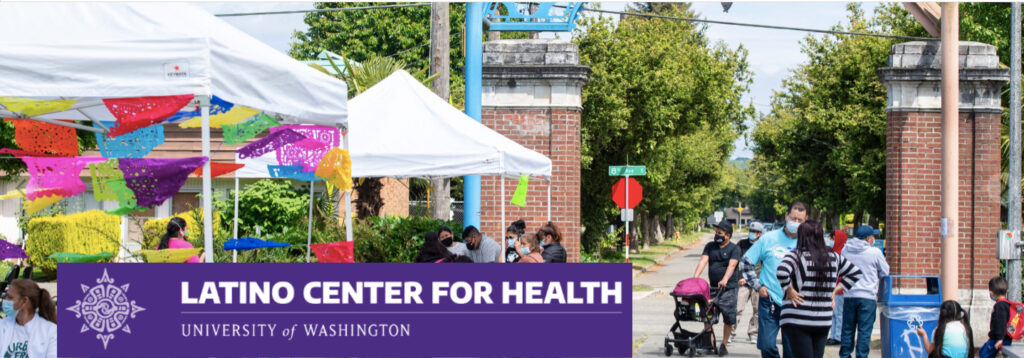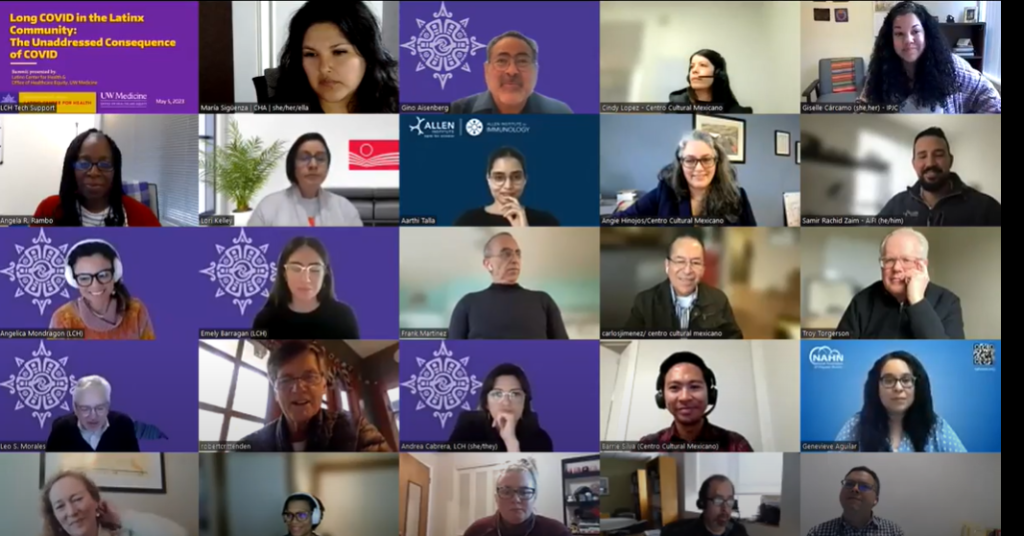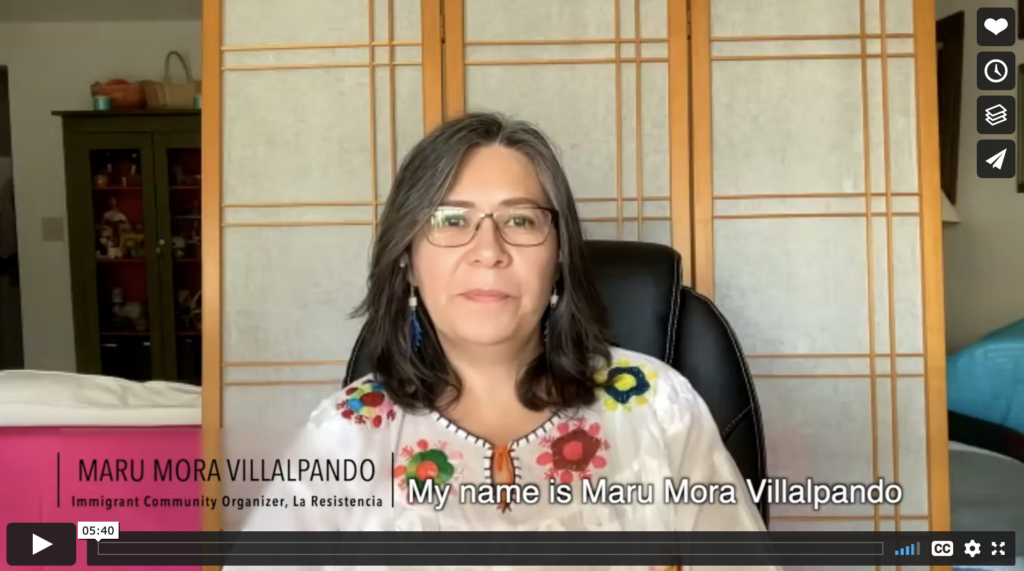
The Latino Civic Alliance hosted its Latino Legislative Day in Olympia, Washington on January 22, 2024. Hundreds of participants attended the advocacy event, which featured speakers including, Representative Julio Cortes and Governor Jay Inslee, Chief Justice Steve Gonzalez, Representative Lillian Ortiz- Self, Representative Bill Ramos, Representative Alex Ybarra, Representative Emily Alvarado, Representative Sharlett Mena, and Senator Rebecca Saldana.
Dr. Leo Morales, co-director of the Latino Center for Health (LCH), presented at the event and shared the findings of the LCH’s Long COVID Study. The study produced substantial data on the prevalence of long COVID in Washington state’s Latinx communities, including that 41% of survey respondents reported symptom duration consistent with long COVID.
On behalf of the LCH, Dr. Morales advocated for several legislative recommendations, including:
- Expanding no-cost community vaccine efforts by increasing funding for the Care-a-Van mobile health program, to help prevent COVID, RSV, and influenza infections.
- Broadening provider and community education on Long COVID, in addition to greater investment in clinical care for long COVID, to help measure and understand the impact of Long COVID.
- Expanding community-based screening for obesity, pre-diabetes, diabetes, and hypertension with navigation assistance to receipt of medical care (telehealth), to reduce cardiometabolic disease and diabetes.
- Full funding of state Medicaid-like and health insurance exchange programs for undocumented immigrants, to expand insurance coverage to vulnerable populations.
These efforts are part of the LCH’s continued commitment to bridge evidence with policymaking in Washington state to positively impact Latino health and well-being.
You can download the slides presented by Dr.Morales below.


